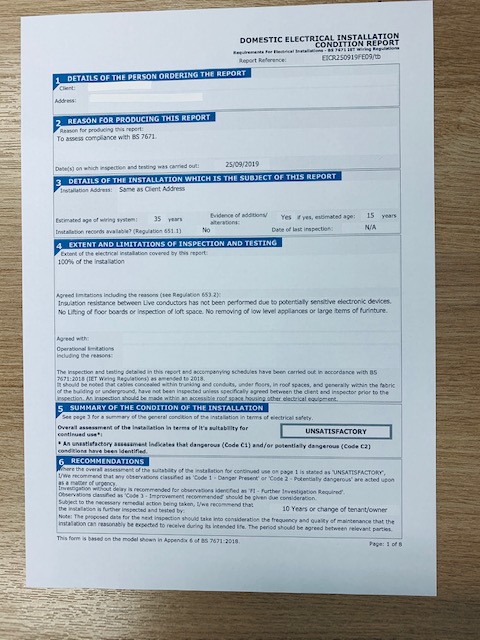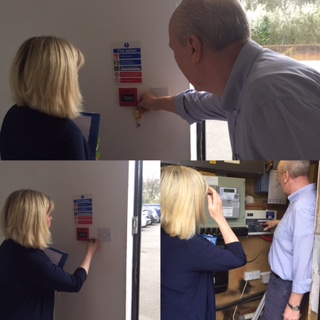With winter truly on its way now, Fulcher Edwards Ltd have been installing more electric heaters for homes and businesses the last few weeks in St. Albans, London and surrounding areas. One thing we have had to make our customers aware is what type of heaters are now available, especially if they are replacing old ones.
From the 1stJanuary 2018 the Lot 20 Regulations came into play which was one of the largest upheaval to the electric heating industry as it changed the amount of available products manufactures could sell. Under the new Lot 20 legislation, all local space heaters for sale in the EU will have to adhere to these new rules or they can no longer be sold.
So, what does that Lot 20 mean for the consumer? Lot 20 was created so that all energy-using products would have a framework of basic requirements to make them as efficient and environmentally friendly as possible. When you consider the amount of energy we use on a daily basis, it’s easy to see why this legislation is so important.
Electric radiators, infrared heaters and panel heaters are all classed as ‘fixed electric local space heaters’, and they must have at least a 38% efficiency rating if they have a nominal heat output above 250W. Other electric heating solutions such as portable electric space heaters, storage heaters and heaters below 250W, have separate efficiency targets. Efficiency is determined by how many energy saving features a heater has now.
Which provided a helpful breakdown on their website with how compliance is now achieved with heaters available today under the new Regulations;
Portable heaters must have: Mechanic thermostat room temperature control as a minimum.
Optional additional energy saving features: Presence or open-window detection – the heater is equipped with an electronic device that automatically reduces the temperature when no person is detected in the room or if a window is open.
Remote control via an app – control temperature via a companion app on your phone or tablet Adaptive start control.
This is not something our clients don’t need to worry about as our approved wholesalers and our electricians and staff at Fulcher Edwards know about Lot 20, therefore we can advise you of what is available now and what might be different from your existing heaters.
If you need any advise on a new electric heater installation or would like a free quotation then please get in touch via our online contact form on the website or on 01923 616985. If preferred our email address is info@fulcheredwards.co.uk



 If you are responsible for a business premises and your staff within that premises, fire alarms are one of the best ways to keep people safe, and are a vital part of your
If you are responsible for a business premises and your staff within that premises, fire alarms are one of the best ways to keep people safe, and are a vital part of your